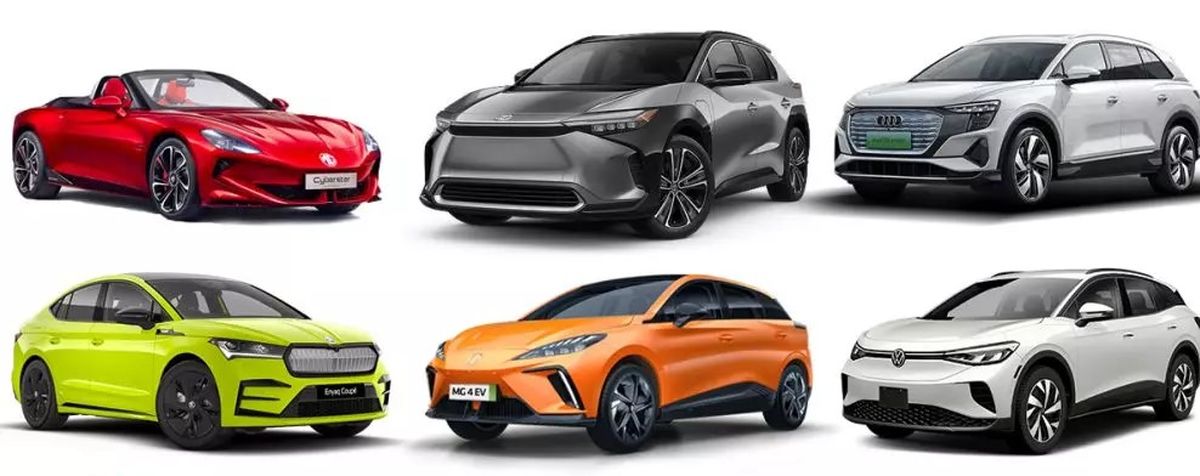
Importing Hybrid and Electric Cars: A Step Towards Green Transportation
Due to global concerns about climate change and the need to reduce emissions, various countries are moving towards the use of electric and hybrid vehicles. Iran is also making efforts to create a greener and cleaner future for its transportation sector. In this regard, the import of hybrid and electric cars into the country has gained attention, and a new regulation has recently been approved. This article explores the import of hybrid and electric cars, the changes in the new regulation, and its impact on the Iranian market.
Importing Hybrid and Electric Cars: A Step Towards the Future
Hybrid and electric vehicles are recognized as one of the best options to combat environmental crises due to their reduced fuel consumption and low emissions. These vehicles use two power systems: an electric motor and an internal combustion engine that can work simultaneously or independently. Electric vehicles, on the other hand, operate entirely on electric energy, without the need for fossil fuels.
New Regulation for Importing Hybrid and Electric Cars
With the approval of the new regulation for importing hybrid and electric cars into Iran, the import process for these types of vehicles has been streamlined. This new regulation includes special facilities for importers and buyers of electric and hybrid vehicles, such as reduced customs tariffs, tax exemptions, and special incentives for electric vehicle chargers.
This regulation is designed to reduce air pollution and support the development of green transportation in Iran. Given the growing interest of the public in electric and hybrid cars, these changes will directly impact the imported car market, reduce costs, and increase the variety of available vehicles in the market.
Benefits of Importing Electric and Hybrid Cars for Iran
- Reducing Air Pollution: The use of electric and hybrid cars significantly reduces air pollution and helps improve the air quality in major cities across Iran.
- Reducing Dependency on Fossil Fuels: By reducing the need for fossil fuels, importing electric and hybrid cars helps decrease Iran’s reliance on imported gasoline and diesel, leading to lower economic costs.
- Growth of the Automotive Industry: Importing hybrid and electric vehicles stimulates demand and growth in the automotive industry in Iran. This not only increases domestic production but also fosters innovation and improvement in the quality of the automotive sector.
- Long-Term Cost-Effectiveness: The maintenance and fuel costs of electric and hybrid cars are much lower than those of gasoline-powered vehicles. By using these cars, buyers will have lower long-term costs.
Challenges and Opportunities
While the import of hybrid and electric vehicles in Iran creates many opportunities, there are still challenges to overcome. One of the biggest challenges is the lack of sufficient infrastructure for charging electric vehicles. Both the government and the private sector must invest in this area to create a more widespread network of charging stations across the country.
At the same time, these challenges present opportunities for innovation and growth in the renewable energy industry. With the development of charging infrastructure and the expansion of domestic production of electric and hybrid vehicles, Iran can become one of the leading green transportation hubs in the region.
Conclusion
The import of hybrid and electric vehicles to Iran, with the approval of the new regulation, is a significant step toward a greener and cleaner future. These changes will directly have a positive impact on the environment, the country’s economy, and the automotive industry. Although challenges in charging infrastructure still exist, with the support of the government and the private sector, Iran can become one of the leading countries in the region for green transportation.

